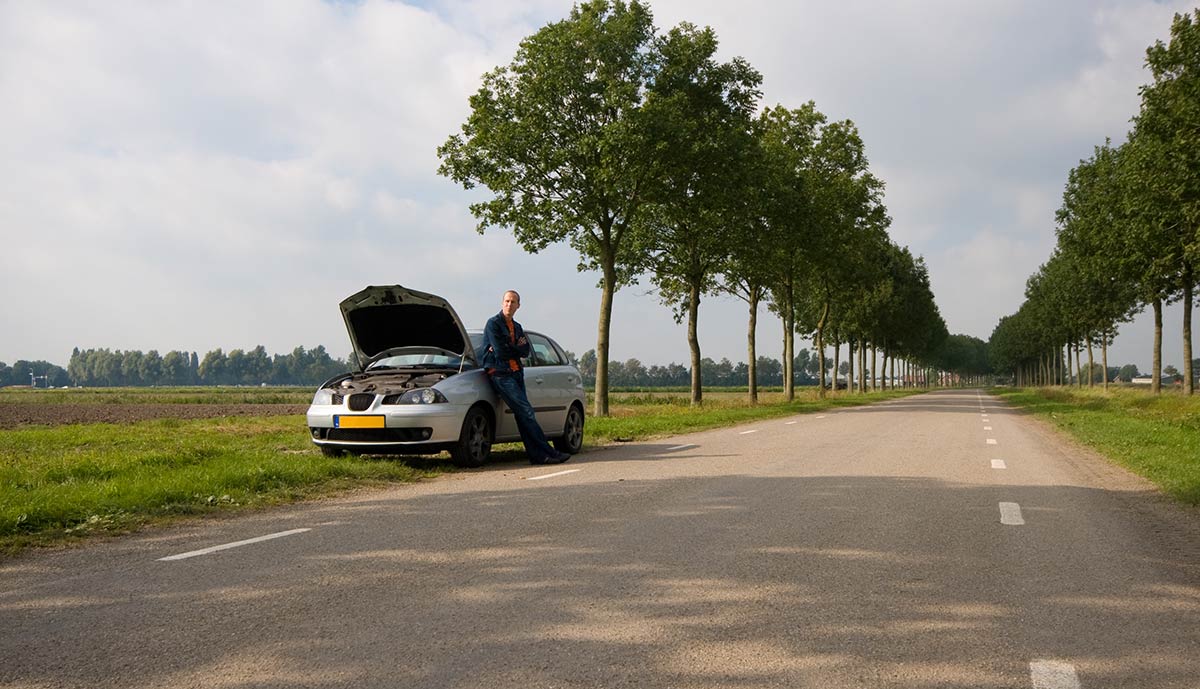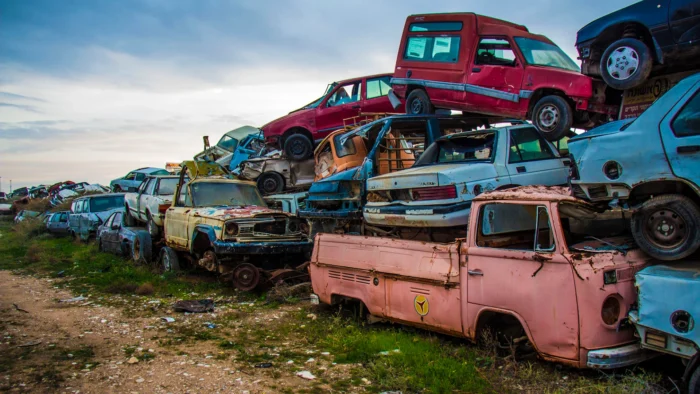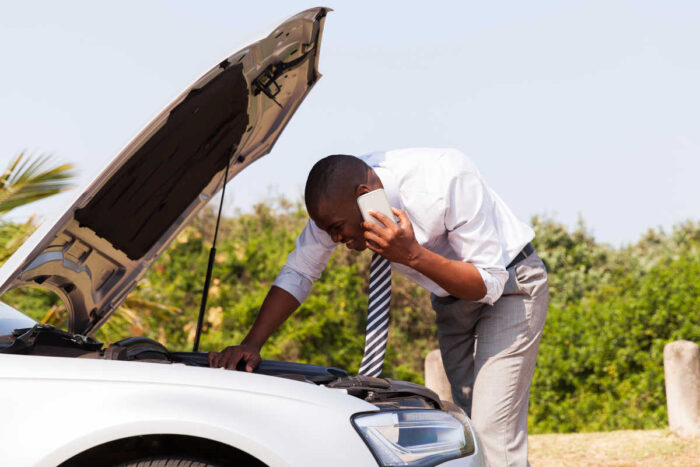
Getting rid of a dead car can be a hassle. From the costs of repairs to the effort of trying to find somewhere to tow it away, owning a dead car can quickly become a problem.
But there are alternatives to simply dumping the car on the side of the road and hoping no one notices. More importantly, there can be severe penalties for doing such a thing which is even more reason to find another option.
So with this in mind, below you will find five solutions for dealing with your dead car that doesn’t involve abandoning it in a public place.
But first, you should always understand why the car died in the first place.
First – Identify The Issue
If your vehicle has suddenly died and you have no idea what the issue is, it is always best to learn the reason why. After all, it could just be a simple thing like you have run out of gas, your battery has died or a spark plug cable has come loose.
Can you imagine someone dumping a car because it had a problem that could be fixed in 5 mins for less than $50? Sounds ridiculous right? Don’t make this mistake.
Call Roadside Assistance – It May Be A Simple Fix

If your car skills are non-existent or you have popped the hood and cannot see any obvious reasons for the car dying, calling a roadside mechanic is the next logical step.
These guys know the typical reasons cars die and may be able to get you back on your way in no time. However, if these mobile experts are unable to get it going you may need a more thorough investigation from a mechanic in a local workshop.
This will require a tow truck which may be costly but if you have insurance you could have this expense covered.
Top 5 Alternatives to Dumping A Dead Vehicle
By now you should understand exactly what is wrong with your vehicle. This will help you with deciding which option is best to choose next.
1. Get It Fixed
If the cost of repair is affordable, you are best to choose this option. A working car gives you plenty more options than a dead car.
Not only can you continue to use the car for a little or a long amount of time, but you also have the option of selling it. And let’s be honest, it is always much easier to sell a working car than a dead one.
2. Trade-It-In For A New Car

Many dealerships offer trade-in programs where you can bring in your old vehicle (even if it’s not running) and get credit toward a brand-new or second-hand car.
This is great if you’re looking to upgrade but don’t have enough cash saved up yet. Just trade in your old clunker and pay off the rest with cash or a financing option offered by the dealership.
This option allows you to dispose of your dead car and get some new wheels in a single transaction.
3. Sell The Car Privately – As Is
As we mentioned, selling a dead car can be challenging, but depending on the make, model, year of your vehicle, and the specific problem it has you may get lucky.
For example, maybe the car is worth more than $10,000 but needs $1000 in repairs to get it working. You may not have this money, but someone else might. By selling it lower than market value to account for the repairs you should still be able to get a good amount for it.
Also, maybe the car is an older in-demand vehicle. This can interest collectors, even if the vehicle is not working. They may want to buy it to salvage parts or restore it using parts they source from elsewhere.
4. Junk or Scrap Your Vehicle

If the thought of privately selling your lemon seems like a huge time waster, there is still hope. Scrapyards are in the business of buying dead, damaged, and even totally wrecked vehicles. So even when you feel like no one in the right mind will buy your car, a junkyard will.
Junkers, like this one, will buy almost any vehicle regardless of condition. All you need to do is prove ownership with the required paperwork. These auto wreckers will dismantle and recycle the components of your vehicle so that they can be used again in different products and applications.
They make money by reselling salvageable parts and you can rest easy knowing you are doing your part for the environment by keeping your car out of the landfill.
5. Dismatle Your Car For Parts
If you are feeling ambitious and have plenty of garage and storage space, you may decide to strip your vehicle and sell the parts yourself. You can also take the large scrap metal pieces and body to a local metal recycler and get paid for the weight of the metal.
This is essentially what an auto wrecker will do, but if you do it yourself you could stand to make more money than selling to them and letting them do it.
Of course be prepared to invest lots of time and effort into stripping the vehicle, advertising parts, and dealing with time-wasting inquiries as you sell everything piece by piece.
Risks Of Dumping Your Vehicle

Hopefully, after all these options you should never think of dumping a dead car. But just to make sure you don’t you should realize the consequences of such actions. It is illegal in most countries to dump a car, and if you are caught doing this you may face hefty fines or even jail time.
The reason behind it is that improperly disposed of vehicles can harm the environment. They leak toxic fluids into water sources, release harmful chemicals into the air, and ruin the landscape with their unsightly presence.
Conclusion
We understand that dealing with a dead car can be daunting. But by understanding the available options you should now feel more confident and empowered to tackle the challenge head-on.
Before you do anything, remember to identify the issue that caused your vehicle to die. It may be a simple fix and you will be on your way again. However, if the problem is severe you still have options.
Whether you decide to trade it in, sell it privately or scrap it, there are viable solutions out there which will allow you to dispose of your old clunker and get some money in return.
Make sure to do your research and understand the local laws regarding the disposal of a dead car, so that you don’t find yourself on the wrong side of the law.








